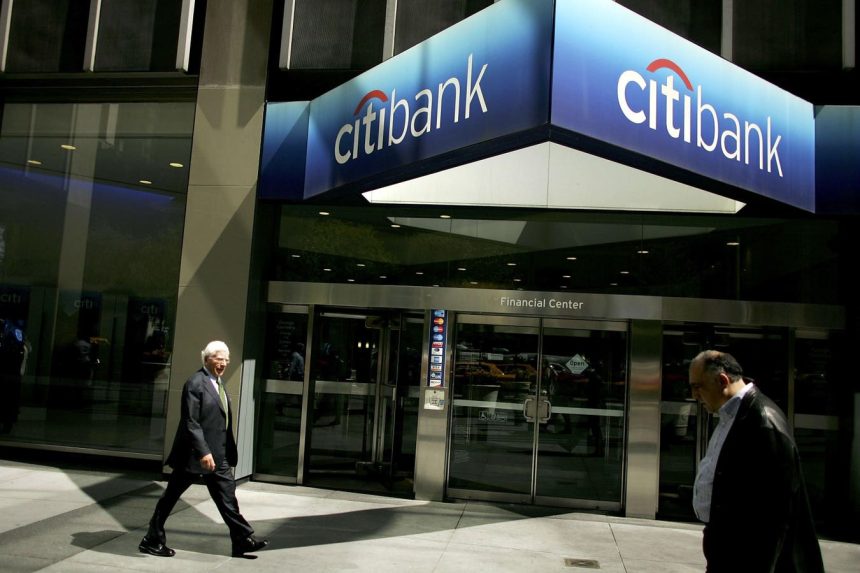As the first quarter earnings season kicks into high gear, investors are closely watching for signs of corporate resilience in the face of economic headwinds. Despite concerns around inflation, interest rates and geopolitical tensions, the banking sector has delivered surprisingly strong results, with JPMorgan Chase
JPMorgan Chase
Citigroup
JPMorgan Chase, the largest U.S. bank by assets, reported strong results, beating analyst expectations. The bank’s trading revenue surged cushioning the impact of slower loan growth and higher expenses. CEO Jamie Dimon struck an optimistic tone, expressing confidence in the economy’s underlying strength while acknowledging near-term challenges. JPMorgan’s scale, diversification, and “fortress balance sheet” position it well to navigate uncertainties and gain market share.
Citigroup also delivered a beat, with profit rising despite higher credit costs and a slump in investment banking. The bank’s Treasury and Trade Solutions division was a standout, notching 18% growth as rising interest rates and transaction volumes boosted revenue. CEO Jane Fraser emphasized Citi’s progress on its strategic transformation, which includes simplifying the bank, pursuing targeted growth, and returning excess capital to shareholders. With a global footprint and exposure to faster-growing emerging markets, Citi offers a differentiated play on the economic recovery.
Both banks maintained a cautious stance on the economic outlook, increasing reserves for potential loan losses while affirming underlying loan quality remains strong. Their conservative approach to risk management and capital allocation should provide downside protection if conditions deteriorate. Yet the banks’ earnings power, even in a stressed environment, underscores the sector’s resilience and ability to generate substantial capital. This capital provides a buffer against losses and can be deployed opportunistically for organic growth, acquisitions, and shareholder returns.
Family offices, with their long-term wealth creation focus, are particularly drawn to the stability and consistent returns offered by JPMorgan and Citi. These banks’ strong franchises, diverse revenue streams, and proven track records of weathering economic cycles make them attractive for preserving and growing multigenerational wealth. The banks’ scale enables them to serve family offices’ complex needs, from investment management and estate planning to credit solutions and global advisory. By aligning with JPMorgan and Citi, family offices can tap into the banks’ extensive networks and intellectual capital while benefiting from their rigorous risk management practices.
While risks remain, the banks’ first quarter performance should give investors confidence. Rising interest rates, if managed prudently, can boost net interest margins and profitability. Loan growth should pick up as the economy gains steam. And efficiency initiatives, including digital transformation, can drive down costs and improve customer experiences. Trading and investment banking revenues, while lumpy, provide an additional earnings lever in volatile markets.
For investors, JPMorgan and Citi present compelling value at current levels. JPMorgan’s valuation doesn’t make it a screaming deal, but the long-term investor can still dollar-cost average into a position. The recent dividend increases and growing dividend over the last decade can make it a great fit for a dividend growth investor. The market has rewarded Citi over the last few months as management executes its drastic cost optimization plans through 2026. Despite the rally, there is further upside as Citi is inherently undervalued compared to tangible book value per share, offering investors with excellent upside potential.
Of course, bank stocks are not without risk. A severe recession, sustained yield curve inversion, or unexpected geopolitical shocks could pressure earnings and trigger larger loan losses. Regulatory scrutiny and higher capital requirements could also constrain returns. Still, these risks appear manageable and arguably priced in. For long-term investors, selectively adding to positions in high-quality banks like JPMorgan and Citi could pay off handsomely as the economic cycle turns.
Read the full article here
















